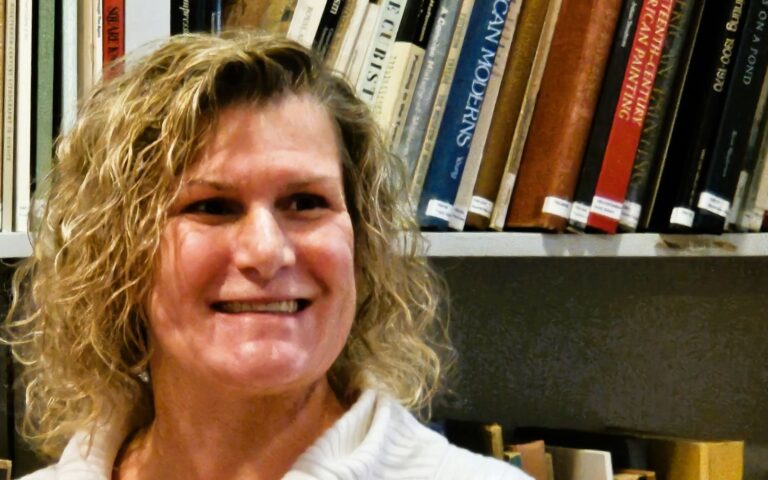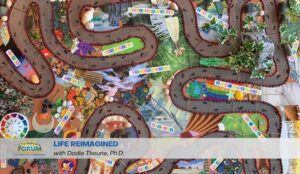Do you have questions about the difference between “normal” versus “not-normal” dementia? How can you help a loved one who is learning to cope with dementia? How can YOU cope?
In this course, participants will come to learn what is happening when a brain is changing due to some form of dementia, versus changing from other factors, such as normal aging or a high-stress lifestyle. Learning about brain function and changes during dementia makes it easier to understand not only what is lost, but what is retained, to effectively provide that “just right” support.
Six sessions will cover the topic in small bites:
Session 1: What is Dementia, really?
- The differences between normal and not normal brain changes that can happen during the aging process.
- The difference between Dementia and Alzheimer’s, and name at least forms of dementia that are not Alzheimer’s.
- The four features that all forms of dementia have in common.
Session 2: What Brain Changes and Shifts in Ability are Noticed When Dementia Happens?
- Recognize the complexity of the human brain and how it controls everything we do.
- Identify the impact of brain change on Persons Living with Dementia and notice possible supportive responses.
Session 3: Looking at Progression and Seeing More than Loss: The GEMS® State Model
- Understand the limitations of traditional scales and views on the progression of dementia.
- Learn about the progression of dementia and brain change abilities using the six GEMS® States
Session 4: The GEMS® State Model: In the Right Setting with the Right Care, All GEMS® Can Shine
- Recognize the adaptations in approach that care partners will need to adopt to support each of the GEMS® States.
- Identify behaviors and abilities for each GEMS® State.
- Recognize the Five Human Needs and Five Expressions of Distress.
Session 5: New Skills for Helping and Supporting
- The Three Zones of Awareness and the significance of visual, verbal and touch cues.
- The GEMS® States progression of visual, verbal and sensory awareness.
- The Positive Physical Approach.
Session 6: Being an Advocate and Building a Support Team
- Describe the role and benefit of an advocate.
- Recognize that support will be needed if someone is living with dementia.
Identify typical areas where support systems are needed. - Consider care partner self-care needs.
- Maintain relationships with meaningful visits.
What to Expect:
You will be introduced to the GEMS® State model of the progression of dementia, and learn how to adapt in order to create and maintain positive relationships. The Positive Physical Approach concept uses visual, verbal, and touch cues to approach and connect with a person living in any state of dementia. This will be both demonstrated and practiced. We will conclude by learning how we, as care partners, can become advocates for people whose relationships and daily tasks are impacted by dementia.
Class size will be limited for the sake of greater interaction.
IN PERSON at the Easton Family YMCA (no recording) | 6 sessions | Wednesdays | February 21, 28, March 6, 13, 20, 27 | 1 – 2:30 pm | Free of charge as a public service




